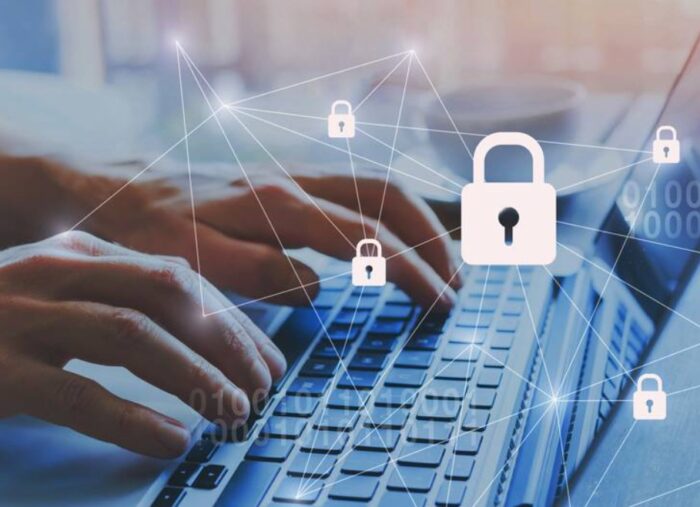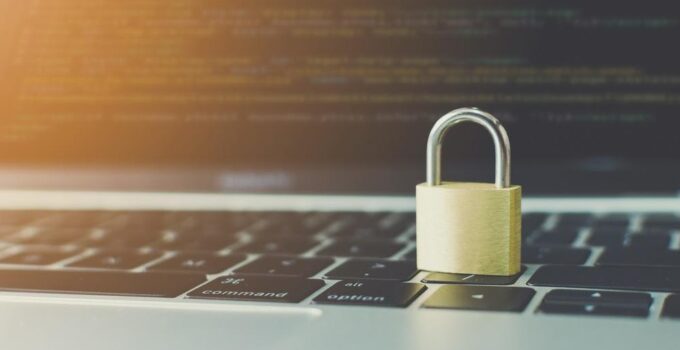How much of a priority is security in your home? If you are like most people, you lock your doors and windows regularly. Your house is equipped with smoke detectors and their carbon monoxide counterparts. You might even have a home security system installed. All that is great. Now, how secure is your data? Protecting our homes against burglary, invasion, and fire is pretty routine.
All are tangible threats that are pretty easy to wrap our brains around. Not so much where data is concerned. Data isn’t tangible. Moreover, most of us realize that plenty of identifiable data on each of us is already floating around in cyberspace. Trying to protect ourselves against data misuse can sometimes feel like spitting into a stiff wind.
Challenges notwithstanding, it is important that each of us take the steps necessary to prevent falling victim to data thieves. A 2024 review by Consumer Affairs tells the whole story. Contributing editor Rob Douglas served up some alarming statistics that show just how much we are all at risk.
Data Theft Is Very Real
Data theft has been a legitimate risk since the introduction of the internet age. But the more we become interconnected, the more opportunities thieves have to do what they do. Here is a sampling of what Douglas unearthed in his research:
1. Hackers Love the internet of Things (IoT)

Source: boljabosna.com
Hackers love targeting the IoT for two reasons: the number of devices they can target continues to increase and many of those targets are incredibly soft. Some 90% of all IoT threats are related to home routers. Unfortunately, homeowners make it too easy by using simple passwords like ‘123456’.
2. Web Forms Are Vulnerable

Source: c4isrnet.com
Savvy data thieves know how to employ a practice known as ‘formjacking’, the practice of hijacking insecure web forms on sites developed by individuals with little or no cyber security experience. From 2018 to 2019, formjacking increased by some 117%.
3. Account Fraud Continues to Grow

Source: nudatasecurity.com
Next up, Douglas’ research revealed that two different types of account fraud continue to grow. New account fraud, which grew by 13% between 2018 and 2019, involves setting up fraudulent accounts after stealing someone’s identity. Identity thieves seem to have a penchant for obtaining mortgages, car loans, student loans, and credit cards.
The other type of account fraud involves taking over existing accounts. Both individuals and companies are subject to this sort of thing. According to the data, account takeovers increased by some 79% from 2017 to 2018.
Data Thieves Are Everywhere
The only type of data that Douglas reported having dropped was consumer ransomware. According to his research, ransomware attacks fell by some 20% between 2013 and 2019. However, enterprise ransomware attacks were up by 12% for the final year of his research.
Regardless of the numbers pertaining to any specific type of data risk, the fact remains that data thieves are everywhere. A thief is a thief no matter their target. They take what is not theirs without deference to those they victimize. And they will take whatever they can sell on the open market.
Just like jewelry can be pawned or sold on the street, stolen data can be sold on the dark web. It is as valuable to cyber criminals as easily pawned electronics are to drug addicts. That is what makes data theft such an important thing to avoid.
Like Protecting Your House

Source: blog.trginternational.com
So, how do you protect yourself against data thieves? It is a lot like protecting your house, according to Vivint. As a nationwide provider of smart home and home automation equipment, Vivint says that the same basic principles apply. You start by stepping back and assessing your weaknesses. As each weakness is appropriately addressed, you reduce the risk of being victimized.
One of the first tasks in home security is to replace factory-installed locks with heavy-duty replacements. Where doors are concerned, that means heavy-duty deadbolts requiring keyed access on both sides. In terms of windows, you either add supplemental security locks or completely remove and replace the factory-installed locks.
Likewise, there are things you can lock in order to protect your data. If you have an account with any of the three major credit reporting agencies, you can lock your credit through them. Doing so prevents anyone from opening an account in your name without your prior permission.
Some credit card companies have recently introduced a locking feature as well. If you are at all concerned that your card has been compromised, or if you have outright lost it, you can go online and immediately lock your account. This prevents anyone else from using your card.
Alarms and Alerts
A home security system protects a home with a combination of alarms and alerts. A security system that makes noise sounds an alarm in the event of burglary, fire, etc. One with 24-hour monitoring also sends an alert at the same time. Monitoring personnel assess all alerts for possible threats before taking the necessary action.
According to Finmasters, credit monitoring acts as an alert for your data. In this day and age, not having some sort of credit monitoring doesn’t make a lot of sense. Along with it, growing numbers of companies are requiring two-factor authentication to log in. Still others are sending emails to customer whenever someone logs in to their accounts.
Avoiding Carelessness

Source: rackspace.com
Perhaps the most important thing anyone can do to protect their data is to make a concerted effort to not be careless. Out on the streets, criminals look for the easiest targets. They love people who are not paying attention to their surroundings. They love careless people. Check lookupinmate if someone has a criminal records.
The same is true for your data. If you carelessly share too much information online, you increase the risk of being victimized. If you are not careful with usernames, passwords, contact forms, etc., you make yourself more vulnerable. Avoiding being victimized is all about securing your data. Make it as secure as your home already is.


